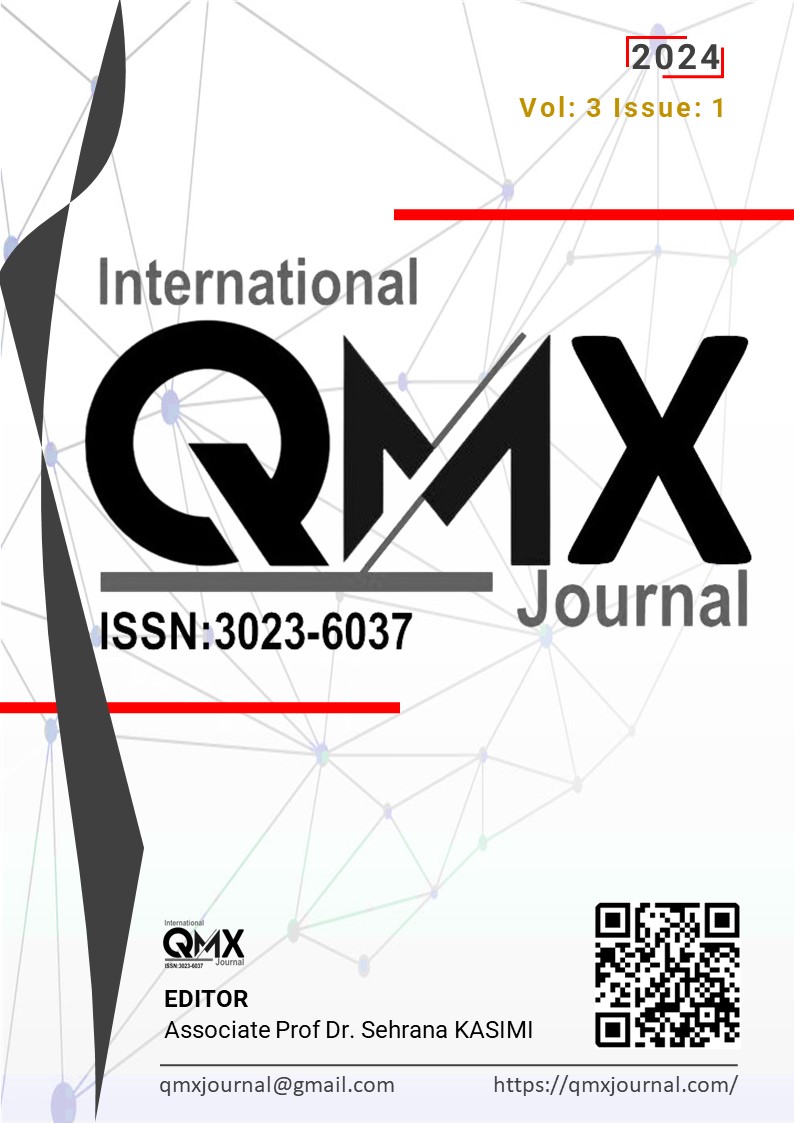Author :
Abstract
İngiltere eğitim sisteminin en belirgin özelliği yönetim yapısının merkezi, yerel ve okullar olmak üzere üç bölümde yapılanmasıdır. Eğitim hizmetlerinin sunulmasında, ulusal sistemin ve politikaların belirlenmesinde merkezi hükümet yetki ve sorumluluk sahibidir. İngiltere’de zorunlu eğitim her biri iki anahtar aşamadan oluşan altı yıllık ilköğretim ve beş yıllık ortaöğretim olmak üzere on bir yıldır. İngiliz eğitim sisteminde yerel yönetim organları ve eğitim kurumları özerk bir yapıya sahip olduğundan daha esnek ve bireyselleştirilmiş bir politika ortaya çıkmıştır. İngiltere’de en üst düzeyde bakanlık olmasına rağmen bakanlığın işlevi hesap verme üzerine kurulmuştur. Hiyerarşik ve keskin bir bürokratik yapıdan söz edilemez. İngiltere’de müfredat belirlenirken beceri ve görsellik ön planda tutulmuştur. Öğrencilerin yaratıcılığını geliştiren, aşırı bilgiye boğmayan daha hafif bir müfredat içeriği tercih edilmektedir. İngiltere’de ara eleman yetiştirme daha planlı olup, bu ihtiyaç eğitim kurumları üzerinden profesyonel bir yaklaşımla karşılanmakta ve mesleki gelişime önem verilmektedir. İngiltere’de eğitim denetimi bağımsız bir kuruluş olan OFSTED tarafından yapılmaktadır ve denetim sonucunda okullar dört sınıfına ayrılmaktadır.
Keywords
Abstract
The most prominent feature of the UK education system is that the administrative structure is structured in three parts: central, local and schools. The central government has the authority and responsibility for the provision of education services and the determination of the national system and policies. Compulsory education in England is eleven years long, consisting of six years of primary education and five years of secondary education, each consisting of two key stages. In the British education system, local government bodies and educational institutions are autonomous, resulting in a more flexible and individualized policy. Although the ministry is at the highest level in the UK, its function is based on accountability. There is no hierarchical and sharp bureaucratic structure. In the UK, skills and visualization are prioritized in the curriculum. A lighter curriculum content that develops students' creativity and does not overwhelm them with too much information is preferred. In the UK, the training of intermediate staff is more planned and this need is met through educational institutions with a professional approach and professional development is given importance. In the UK, education is inspected by OFSTED, an independent organization, and schools are divided into four grades as a result of the inspection.





